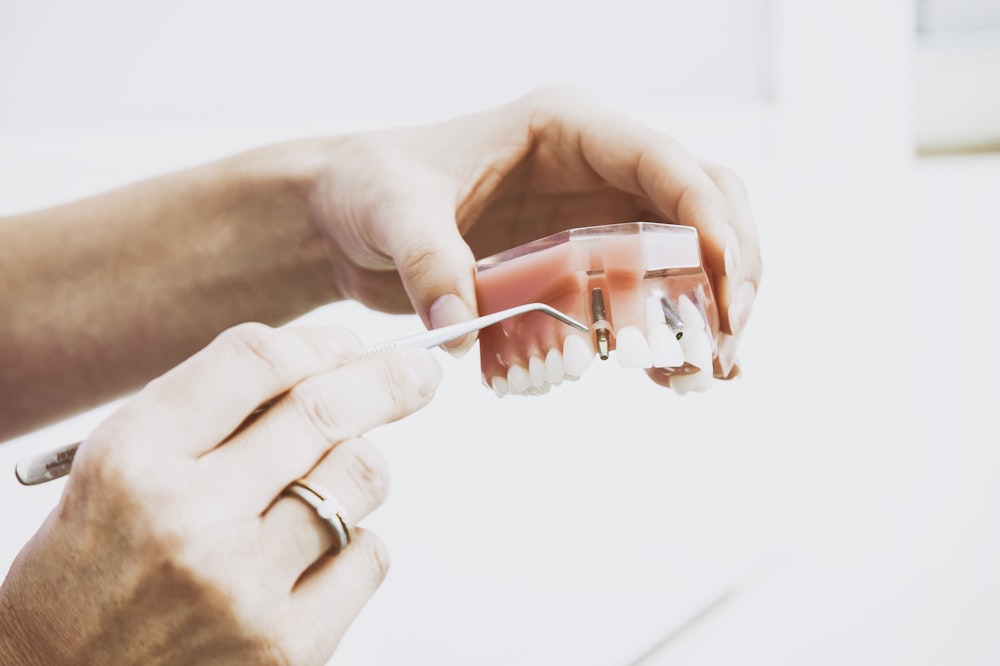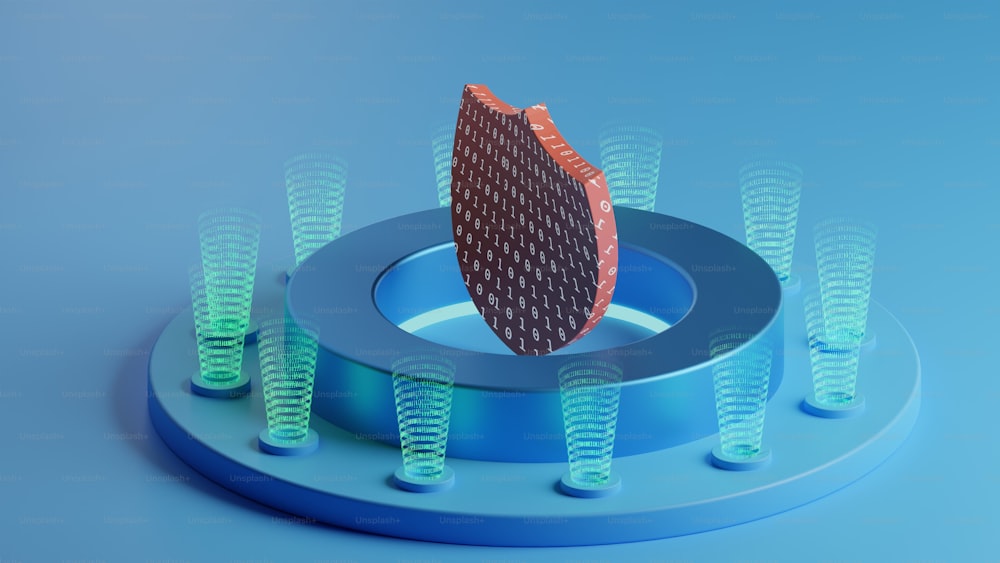Dental Implant Granville OH - Dental Care
When determining what type of anesthesia is used for dental implants, it becomes essential to explore various options obtainable to sufferers. The alternative of anesthesia can significantly influence the comfort of the procedure, the overall experience, and the pace of recovery.

Local anesthesia is essentially the most commonly used sort for dental implant surgical procedures. In this method, an anesthetic agent is injected near the surgical web site. Local anesthesia successfully numbs the targeted area, permitting the oral surgeon or dentist to carry out the procedure with minimal pain to the patient. It is useful as a outcome of patients stay totally awake and aware throughout the process, fostering a way of management.
Sedation dentistry presents one other approach for those who might really feel anxious in regards to the process. Sedation can range from mild to deep, permitting sufferers to relax while their implants are placed. Different ranges of sedation could be achieved via oral sedatives, nitrous oxide, or intravenous strategies. The level of rest may be tailored to the precise wants or anxiousness ranges of the patient.
Dental Implant Sunbury OH - Dental Implants

Nitrous oxide, commonly known as laughing gasoline, is a popular alternative for dental procedures, including implants. This type of sedation works quickly, allowing sufferers to feel relaxed and euphoric. Administration is handy, because the gas is inhaled via a masks positioned over the nostril. Patients can typically resume normal activities shortly after the process, making nitrous oxide a favourite among each dentists and sufferers.
Another option is oral sedation. This technique entails taking a prescribed sedative before the appointment. Patients typically really feel sleepy and fewer aware of their surroundings whereas nonetheless with the power to communicate with their dental group if needed. While oral sedation is efficient, its onset and length can vary from person to person, so dentists should consider particular person wants carefully.
Intravenous (IV) sedation provides deeper ranges of sedation, perfect for longer or extra complex procedures. This method allows for speedy adjustment of sedation levels, because the anesthetic is administered instantly into the bloodstream. Patients on this state might really feel extraordinarily relaxed and won't remember the process afterward. IV sedation typically requires a more intensive recovery period in comparison with local anesthesia alone.
Dental Implant New Albany OH - Dental Services - Ohio

General anesthesia, though typically reserved for extra invasive surgical procedures, may additionally be considered for dental implants in specific situations. This kind of anesthesia induces a state of full unconsciousness, requiring shut monitoring by an anesthesiologist. General anesthesia is appropriate for sufferers with extreme anxiety, those that have problem sitting nonetheless for lengthy intervals, or when multiple procedures are performed concurrently.
The selection of anesthesia may additionally depend upon the affected person's medical history and any underlying health conditions. Some diseases may increase the danger of problems throughout anesthesia. Detailed discussions between the affected person and the dental staff can result in a customized anesthetic plan that ensures security whereas enhancing comfort.
Dental Implant New Albany OH - General dentists within 20 miles of Ohio
Many patients express concern concerning the unwanted effects associated with anesthesia. While unwanted aspect effects can vary based mostly on the kind used, most native anesthetics present minimal risks. Common considerations embrace short-term numbness and swelling close to the injection website. For those that go for sedation, side effects may embody drowsiness, dizziness, or nausea.
Recovery time also performs a role within the choice of anesthesia. Local anesthesia typically permits for a quicker recovery, enabling patients to renew regular activities within hours (Dental Implant Centerburg OH). Sedation strategies might require more time for the medicine to wear off, necessitating arrangements for transportation post-procedure.
The importance of communication between the affected person and the dental practitioner can't be overstated. Sharing considerations and preferences allows for a tailored anesthetic approach. A thorough analysis helps to determine probably the most applicable type of anesthesia to make sure each comfort and effectiveness during the dental implant procedure.
Dental Implant Granville OH - Dental Services
In addition to comfort and safety, the overall success of dental implants can be influenced by the choice of anesthesia. The results of hysteria on the body can complicate surgical procedures and lengthen recovery occasions. Therefore, a proper anesthetic plan plays a crucial position in not solely quick consolation but in addition the long-term success of the dental implants.
Patients ought to be prepared to debate their medical history, nervousness ranges, and personal preferences when consulting a dentist for dental implants. This open dialogue permits the practitioner to create an anesthetic strategy that fits the individual whereas ensuring the procedure runs easily and successfully.
The quest for a pain-free dental implant process can be daunting for many. The various types of anesthesia create choices find out here now that may fit particular person wants, existence, and comfort ranges. The right alternative of anesthesia can turn a doubtlessly stressful dental go to right into a more manageable expertise.
Dental Implant New Albany OH - Oral Surgeon - Oral Surgery Office
In conclusion, understanding what type of anesthesia is used for dental implants is crucial for patients making ready for the process. From native to general anesthesia, each technique has its benefits and concerns. With a variety of options out there, sufferers can work intently with their dental staff to determine the most effective approach, enhancing not only comfort but also the likelihood of a successful outcome. Ultimately, the selection of anesthesia directly impacts both the experience during the process and the general satisfaction with dental implants.
- Local anesthesia is predominantly used for dental implants, offering focused numbing to the surgical website while allowing the patient to stay fully conscious.
- Common local anesthetics include lidocaine, articaine, and mepivacaine, each chosen for their effectiveness and duration of action.
- Sedation dentistry may also be employed for sufferers with anxiousness, usually utilizing average sedation methods like nitrous oxide or oral sedatives.
- General anesthesia could be an choice for complicated cases or in patients with extreme anxiousness or particular needs, making certain a completely unconscious state.
- The choice of anesthesia is determined by the affected person's medical historical past, degree of anxiety, and complexity of the implant process.
- During the process, monitoring of important signs ensures the affected person's security and comfort levels are maintained.
- Post-surgery, sufferers are sometimes given instructions regarding pain management, which can embrace over-the-counter pain relievers alongside suggested dosages of native anesthesia.
- The use of anesthetic brokers can vary primarily based on particular person responses, necessitating a tailored strategy from the dental skilled.
- Some dental practices might supply virtual actuality or distraction methods to help patients manage anxiousness alongside anesthesia options.undefinedWhat type of anesthesia is used for dental implants?
What is the most common kind of anesthesia used for dental implants?undefinedThe commonest type of anesthesia for dental implants is native anesthesia, specifically lidocaine. This numbs the surgical space to attenuate pain during the process.
Dental Implant Pataskala OH - Oral Surgeon - Oral Surgery Office

Can I request sedation for my dental implant surgery?undefinedYes, many dentists supply sedation options, similar to oral sedation or nitrous oxide, for sufferers who feel anxious or prefer a more relaxed experience during dental implant surgery.
Will I be awake during the dental implant procedure?undefinedIf local anesthesia is used, you could be awake however numb in the remedy area. If sedation is chosen, you could be in a light-weight sleep and not totally aware of the procedure.
How long does the anesthesia last in the course of the procedure?undefinedThe results of native anesthesia typically last for 1 to 3 hours, relying on the particular medication used. However, the duration can differ based mostly on particular person factors.
Are there any unwanted effects of dental anesthesia?undefinedPossible unwanted effects can embody momentary numbness, swelling, bruising, and, in uncommon circumstances, allergic reactions - Dental Implant Granville OH. It's necessary to debate any issues along with your dentist beforehand.
Dental Implant Condit OH - Get Your FREE Dental Implant Consultation NOW!
Can I eat or drink after receiving anesthesia for my dental implant?undefinedIt's greatest to avoid consuming or ingesting until the numbness has completely worn off to prevent biting your tongue or cheek. Follow your dentist’s particular post-operative directions for the best outcomes.
How is anesthesia administered for dental implants?undefinedLocal anesthesia is often administered by way of a small injection directly into the gum tissue. Sedation choices might involve inhalation or oral treatment to assist you loosen up earlier than the procedure.
Dental Implant Centerburg OH - Dental Care
Do I want someone to drive go to this site me house after the procedure?undefinedIf you’ve acquired sedation, it’s beneficial to have somebody drive you home, as you could feel groggy or disoriented. Local anesthesia alone normally does not require help.
What if I even have a worry of needles?undefinedIf you have a worry of needles, discuss this together with your dentist. Dental Implant Sunbury OH. They can provide methods to assist ease your anxiety, similar to utilizing topical numbing brokers before the injection.